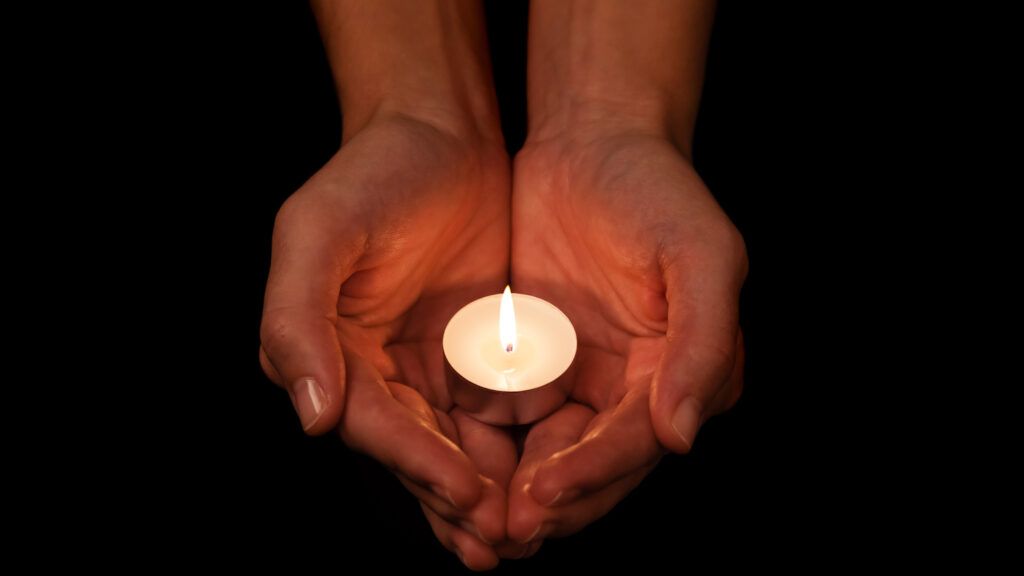Jewish theology is rich with images of brokenness and repair. A foundational one is a mystical story I’ve always found inspiring, and I’m thinking of it in particular on this 80th anniversary of Kristallnach, or the Night of Broken Glass that occurred in Germany in 1938.
First, the mystical Jewish story: during creation, God’s divine light is believed to have been contained in vessels as the world formed around it. At some point, the vessels shattered, exploding God’s light into shards and sparks that settled across creation. Though most of the sparks returned to God, many remained scattered and separated from the divine, hidden among us.
For Jews, this story is an impetus and an inspiration to do good deeds, pursue justice and perform acts of kindness. When we do, we “gather the sparks” of divine light, urging the world toward wholeness and unity. A familiar term in Jewish communities is the Hebrew phrase tikkun olam, which means, “repair of the world.”
This notion is on my mind as I reflect on the violent anti-Jewish demonstrations that took place across Germany 80 years ago on November 9, 1938. As the U.S. Holocaust Memorial Museum recounts, synagogues were destroyed, religious artifacts were burned, and 7,500 Jewish-owned business, homes and schools were plundered by Gestapo troops as police officers looked on. Ninety-one Jews were murdered, and 30,000 Jewish men were arrested and sent to concentration camps. Because of the shattered windows whose shards coated the streets of each town, this tragic event became known as Kristallnacht—a name the Nazis themselves gave it—German for “The Night of Broken Glass.”
The Holocaust’s hateful history unfolded from there, and its losses represent a shattering of lives, faith and security that can perhaps never be fully repaired. But as people committed to repairing the world, we must continue our pursuit of justice, kindness and unity. We must, and somehow we will.
Which brings me to another image of brokenness in Jewish tradition—the joyful moment when a groom stomps on a glass at a wedding, shattering it to congratulatory shouts of “mazel tov!” There are myriad meanings assigned to this tradition, but my favorite is the wish that the couple should be happily married for as long as it would take to reassemble the crushed glass into a whole vessel again.
Such a task would take a long time. Repairing broken things takes a very long time. But even in joy or sorrow, when we are in search of divine light or human justice, we are strongest when we focus our attention on gathering sparks, one by one, each of us doing our part to build a more righteous future.







